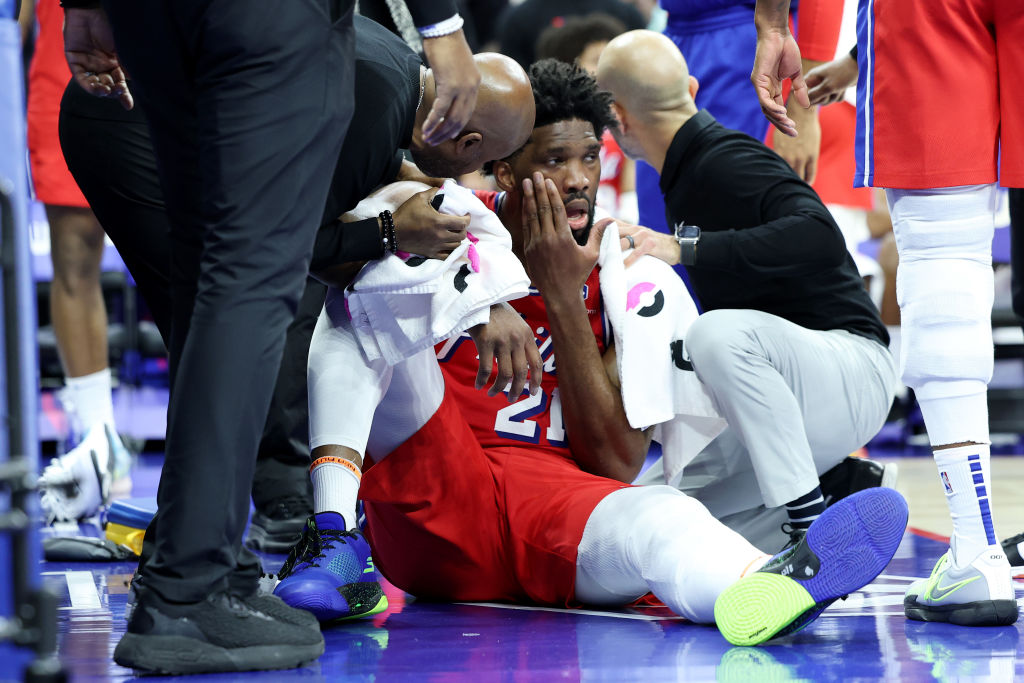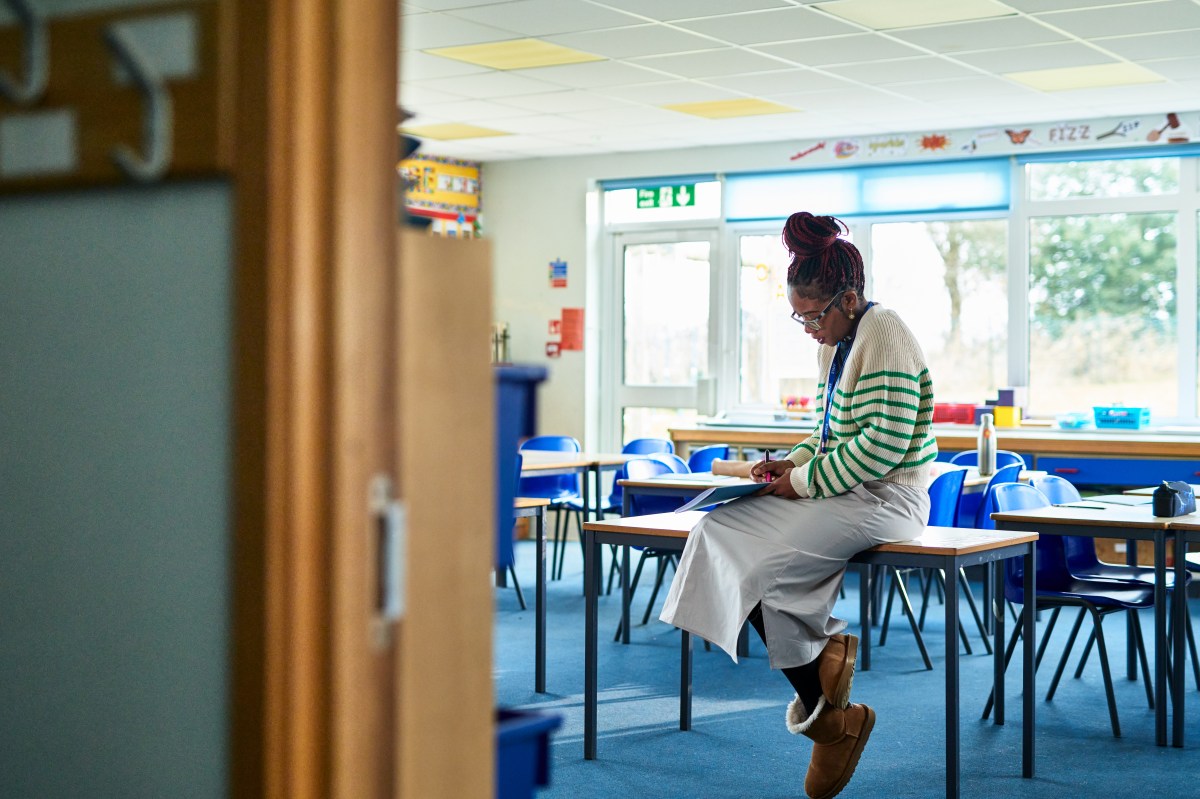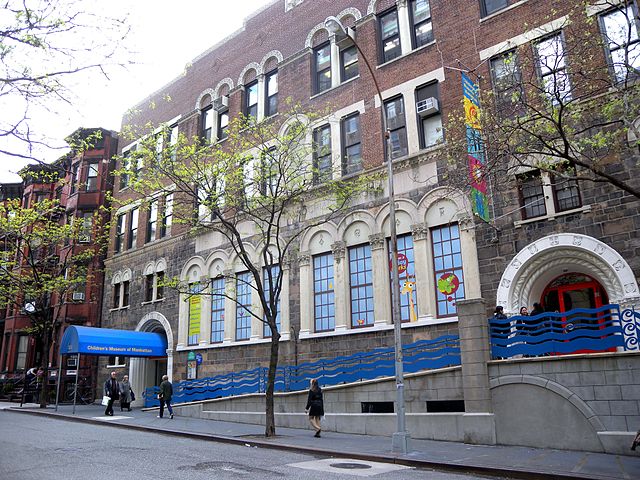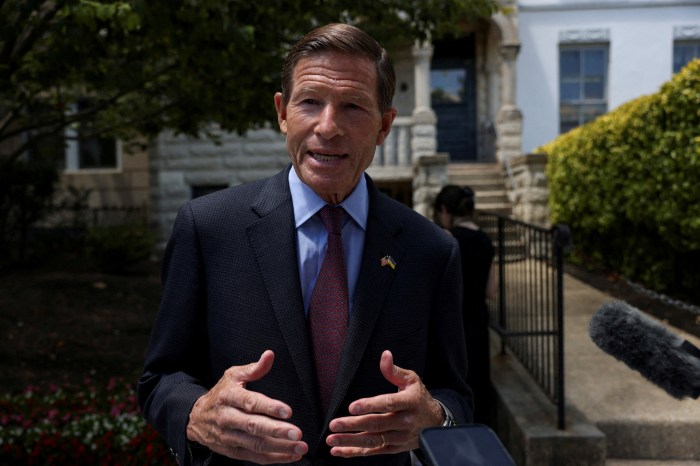The following article was originally published by our friends at NerdWallet by Personal Finance Writer Anna Helhoski.
The day Frank Melo turned 20, he woke up to handcuffs on his wrists and an arrest warrant in his name. During his yearlong sentence on drug charges, Melo had time to think about others in his neighborhood who had been imprisoned again and again. He didn’t want that life.
Twenty-five days out of prison in February 2017, Melo started attending College Bound Dorchester, a nonprofit in Boston that aims to combat poverty with education. Today, he’s enrolled in community college — and he’s getting paid to go to school.
Making college an option
Areas with high poverty tend to have more crime, particularly in neighborhoods that are racially and ethnically segregated, according to research by the U.S. Department of Housing and Urban Development.
In these places, attending college is not often an expectation, says Mark Culliton, the CEO and founder of College Bound. The organization provides an on-ramp to high school equivalency diplomas and college degrees for young residents of high-poverty neighborhoods. Its goal is to change communities by making higher education a possibility, one student at a time.
“It’s the first time in years that these young men and women are met with somebody in their eyes who says, ‘Of course you’ll get into college and succeed,’” Culliton says.
Paychecks turn college into a job
Melo, now 21, is part of College Bound’s Boston Uncornered Initiative, which pays students a stipend while they attend local community or technical colleges. It targets “core influencers” — formerly incarcerated or gang-involved youths who are well-respected in their neighborhoods.
The hope is that if influencers like Melo succeed in school, others will follow suit.
Melo learned about College Bound from his friend Matt, who lived in the same housing development and was a College Bound student. While Melo was still in prison, Matt told him about the possibility of getting back into school.
Melo says he hopes eventually to bring others like himself into the fold at College Bound.
“Do the same thing my boy did for me,” Melo says.
Melo’s college tuition is covered by a Pell Grant, a need-based financial aid program from the federal government. But for living expenses, the Boston Uncornered stipends act as a paycheck, essentially turning school into a paid job. It provides enough relief for Melo and other students to focus on college instead of having to work or return to crime for financial survival. The amount isn’t enough to jeopardize other benefits such as those for child care, food or housing.
Melo says the money helps him concentrate on schoolwork. “I can’t stress enough how that stipend keeps me out of trouble,” he says.
» MORE: 4 alternatives to traditional college
Getting a second chance at an education
As a kid, Melo enjoyed the classroom and wanted to become a scientist, he says. But by high school, he lost focus. As his grades slipped, he let go of his desire to go to college.
Enrolling at Bunker Hill Community College last year was a chance for him to reset.
“I always liked the vibes of going back to school, so it felt like that again,” Melo says. “It’s weird, but I ended up feeling like I never left.”
He says his experience at community college makes him wish he had begun sooner. “I felt like community college wasn’t enough, but now me seeing this — it’s everything,” Melo says. “It’s a great school and provides you with the utility that you need.”
What community college offers
Community colleges are often a less expensive, more accessible path to higher education than four-year institutions.
Typically, they have open admission policies — anyone with a high school diploma who applies gets in. Flexible class schedules and part-time options accommodate students who may have other obligations, such as a job or caregiving. Students can transfer to a four-year college or leave trained for a career such as nursing.
The average tuition and fees for 2017-18 at a public two-year college for a local resident is $3,570, which is about a third of the average cost of a public four-year school and a tenth the cost of a private four-year school.
Students who need help paying for college can submit a Free Application for Federal Student Aid to apply for need-based federal financial aid programs, such as a Pell Grant, as well as work-study, scholarships and federal student loans.
Melo, who is studying finance, plans to get an associate degree, then transfer to a four-year school. He hopes to become an investor in the stock market, real estate and business. “I want my money in everything,” he says.
Without the support of College Bound, Melo says, he doesn’t know how he would have ever gone to community college. Less than a year out of prison, Melo confidently says, “I feel like I’ll have more opportunities soon.”

























